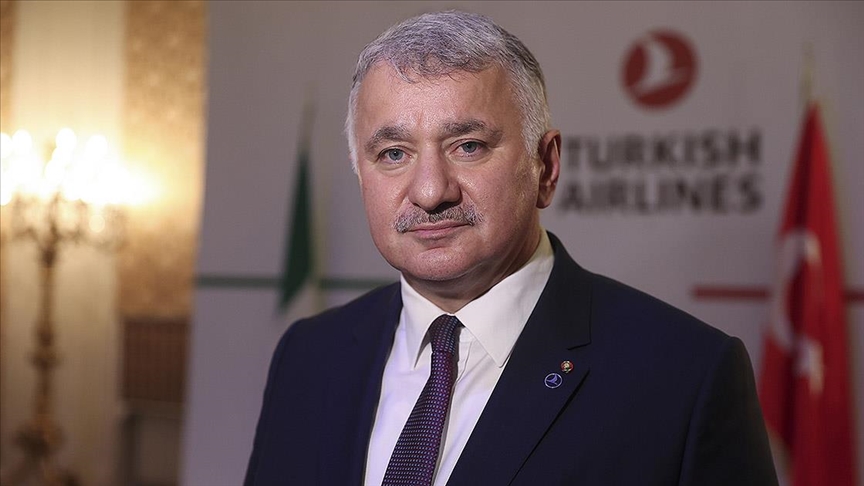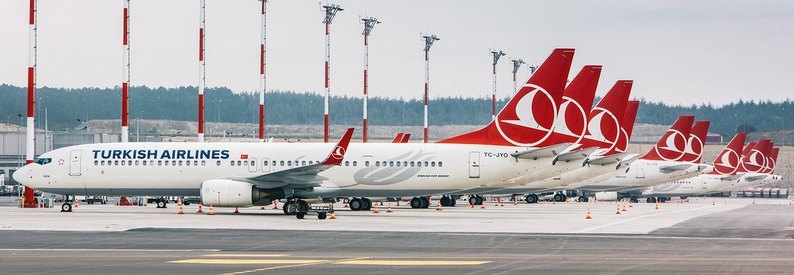Turkish Airlines CEO Discusses Expansion and Resilience Amid Recovery
Turkish Airlines CEO Bilal Ekşi discusses the airline’s strategies for growth, recovery, and sustainability as tourism to Türkiye rebounds.

Turkish Airlines CEO Bilal Ekşi | Photo Source: Anadolu Ajansı
In a recent interview, Turkish Airlines CEO Bilal Ekşi shared insights into the airline’s strategies for growth and recovery as tourism to Türkiye rebounds.
2023 brought both challenges and opportunities for Turkish Airlines (TK), which demonstrated resilience while expanding into new global markets. CEO Bilal Ekşi highlighted the airline’s comprehensive approach to maximizing growth opportunities in the Far East, emphasizing improved efficiency, expanded connectivity, strategic partnerships, destination promotion, and targeted cargo operations.
Turkish Airlines has announced partnerships and codeshare agreements with several airlines across Europe and Asia this year, including AirBaltic, Icelandair, ITA Airways, and Vietnam Airlines. These agreements are expected to increase transit passenger numbers, particularly at Istanbul Airport (IST), enhancing the airline’s network and boosting its presence in the Asian market.
Ekşi also noted the success in attracting tourists to Türkiye, particularly from the United States. Intensive promotional activities have resulted in a significant increase in American tourists, with Turkish Airlines expanding its U.S. flight network to include destinations such as Newark, Dallas/Fort Worth, and Seattle. The airline anticipates further growth with the launch of flights to Detroit later this year.
Following the devastating earthquake in February 2023, Turkish Airlines played a crucial role in relief efforts, operating over 6,800 evacuation flights and transporting 33,000 tons of humanitarian aid. The airline’s robust operational capabilities allowed it to manage these efforts without major disruptions to its scheduled operations.
Looking towards the future, Turkish Airlines is committed to sustainability, aiming for carbon neutrality by 2050. The airline is actively involved in global initiatives, such as the Carbon Disclosure Project and the Global Sustainable Aviation Fuel Declaration. It also uses biofuels and supports R&D for sustainable aviation fuel development.

Additionally, the AnadoluJet brand is supporting Turkish Airlines’ international growth by expanding routes from hubs like Sabiha Gökçen and Ankara. This strategy aims to connect more Turkish cities with international destinations, boosting tourism and catering to the Turkish diaspora in Europe.
Ekşi is optimistic about the continued recovery in international travel demand through 2024. Turkish Airlines’ strategic decisions during the pandemic, such as retaining its workforce, have positioned it strongly for future growth. The airline aims to maintain its competitive edge and further enhance its offerings to passengers.






